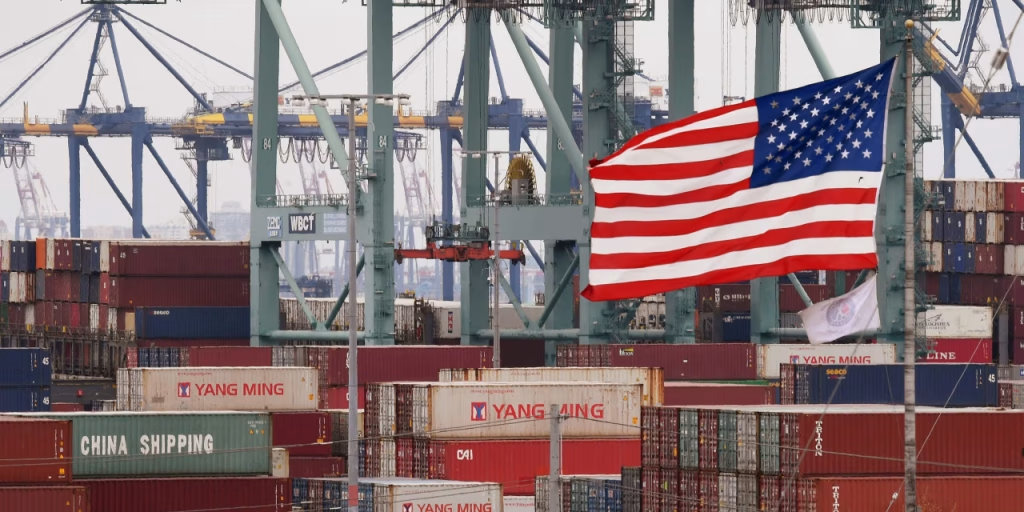In a surprise diplomatic maneuver, U.S. President Donald Trump announced the lifting of all sanctions on Syria during a visit to Saudi Arabia on Wednesday. The decision marks a dramatic shift in American foreign policy toward the war-torn country, which has been under heavy international sanctions for years.
Following the announcement, Trump met with Syria’s interim President Ahmed al-Sharaa, a leader who once fronted a U.S.-designated terrorist group and previously pledged allegiance to al-Qaeda.
The meeting, which drew intense scrutiny, underscored Trump’s push to normalize Syria’s international standing and reintegrate it into Middle Eastern diplomacy.

During the talks, Trump urged Syria to follow in the footsteps of countries like the United Arab Emirates, Bahrain, and Morocco, which normalized relations with Israel under the Abraham Accords signed in 2020.
READ ALSO: Michael Saylor Announces MicroStrategy ($MSTR) to Hit $10 Trillion Market Cap
According to remarks shared by the White House, Trump told Sharaa that joining the growing coalition of Arab nations engaging with Israel would be a major step toward peace. In response, Sharaa reportedly expressed openness to the idea but acknowledged that significant challenges still lie ahead for his country.

After wrapping up his visit to Saudi Arabia, Trump flew to Qatar, where he presided over the signing of a series of high-value economic agreements. The centerpiece was a deal that saw Qatar purchase American-made Boeing jets and GE Aerospace engines. The White House said the total value of the contracts reached $1.2 trillion, signaling a substantial boost for U.S. manufacturing and defense industries.
However, Trump’s visit to Qatar wasn’t without controversy. Reports surfaced that Qatar had offered to donate a Boeing aircraft to serve as the official U.S. presidential jet — a gesture that, if accepted, would rank among the most valuable gifts ever given to the United States.

The offer has triggered concerns in Washington over ethical boundaries and national security implications, especially considering Trump’s personal business ties in the Gulf region. Critics argue the acceptance of such a gift could present a conflict of interest, while Trump has dismissed the backlash, calling it “stupid” to turn down what he described as a generous and strategic offer.
The warming of relations between Washington and Doha marks a significant reversal from Trump’s first term in office, when his administration sided with Gulf rivals in a regional blockade against Qatar. At the time, the U.S. accused Qatar of supporting terrorism and getting too close to Iran, straining diplomatic ties.

Now, with both sides keen to reset their relationship, Qatar appears eager to deepen economic and political ties with the Trump administration.
READ ALSO: US-China Tariff Cuts Take Effect in Landmark 90-Day Trade Deal
Trump’s whirlwind Middle East tour has captured global attention, blending diplomacy with billion-dollar business ventures. The decision to lift sanctions on Syria, encourage its alignment with Israel, and sign monumental trade deals with Qatar has stirred debate both at home and abroad.

While supporters hail the moves as bold steps toward regional stability and economic opportunity, critics remain wary of blurred lines between presidential decision-making and private enterprise.
As Trump continues to strengthen relationships in the Gulf, his actions are poised to reshape the geopolitical and economic landscape of the Middle East — with far-reaching implications for U.S. foreign policy.
Discover more from Scoop Hub
Subscribe to get the latest posts sent to your email.

